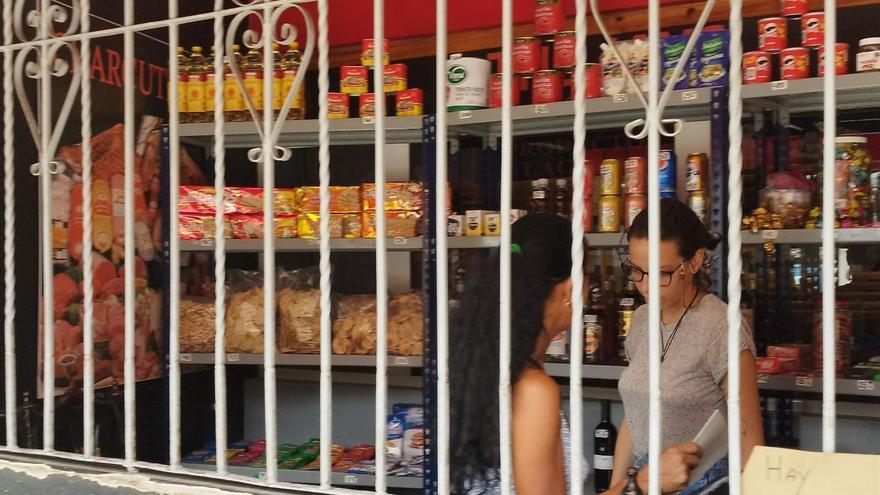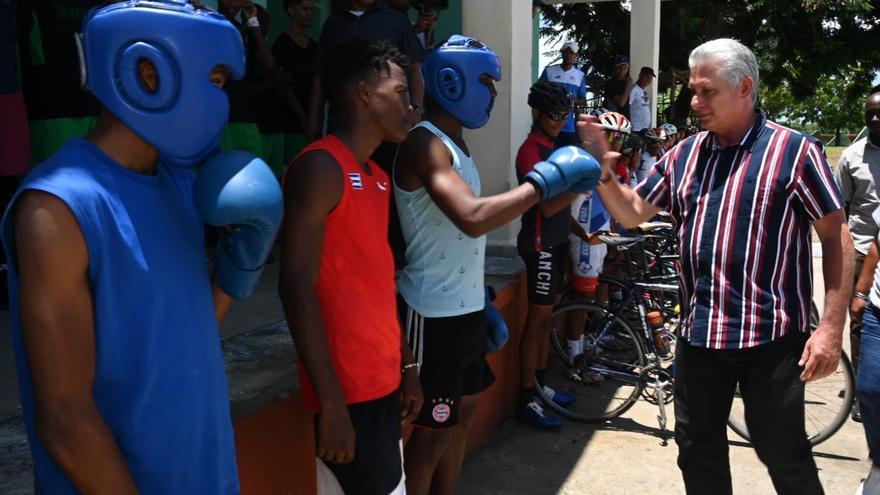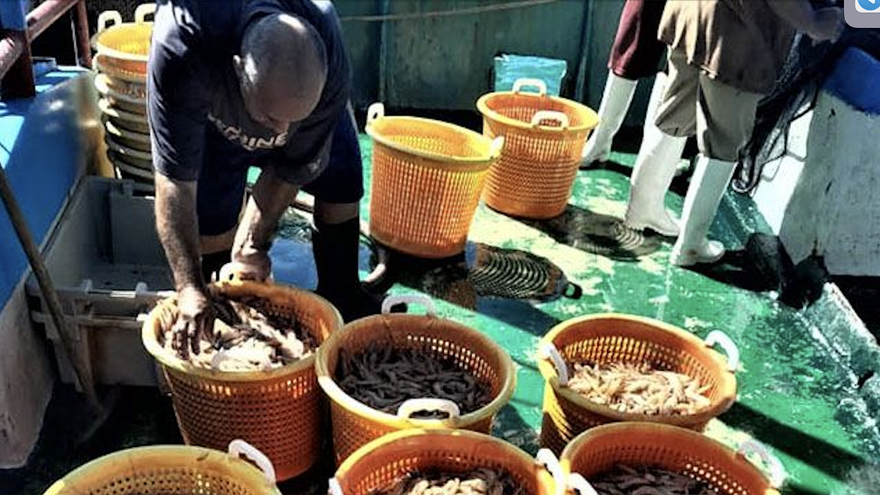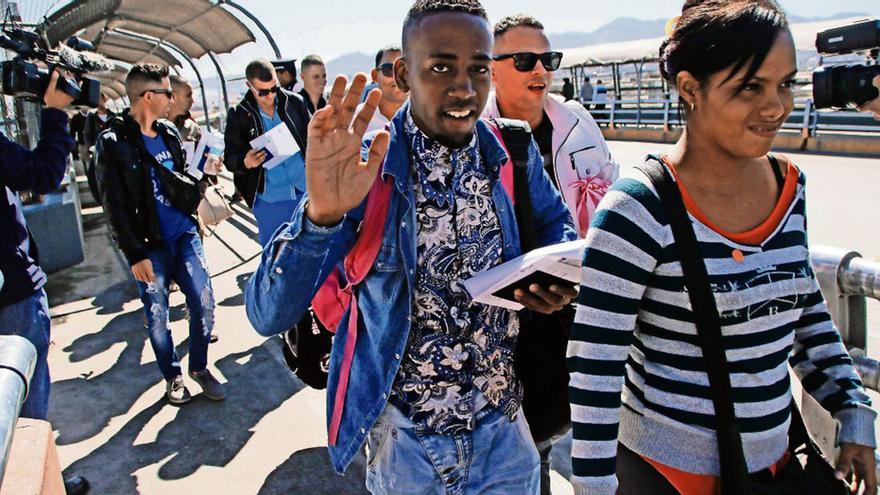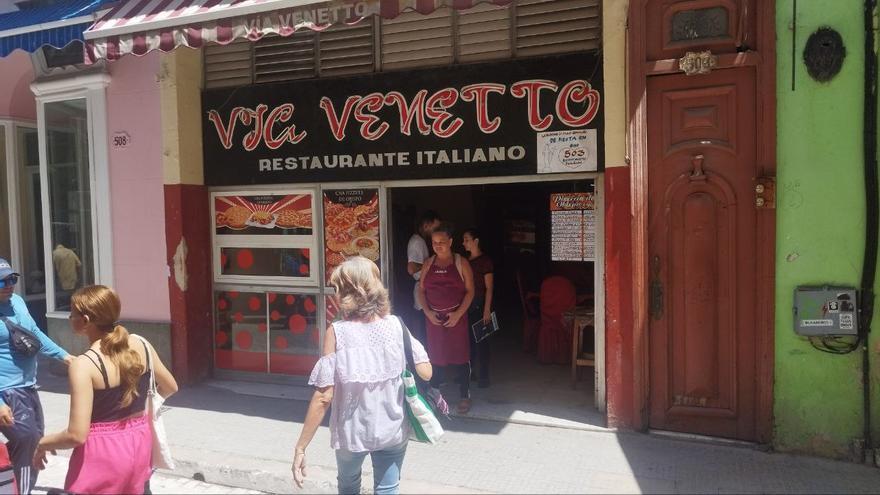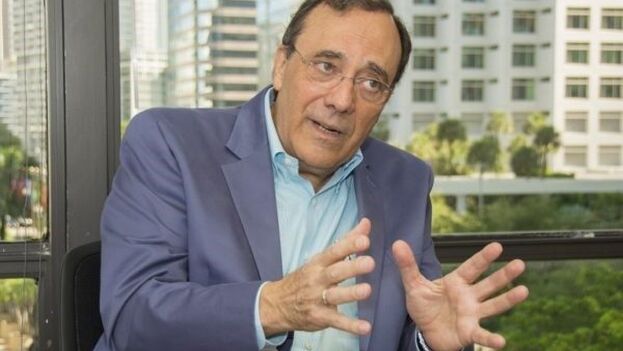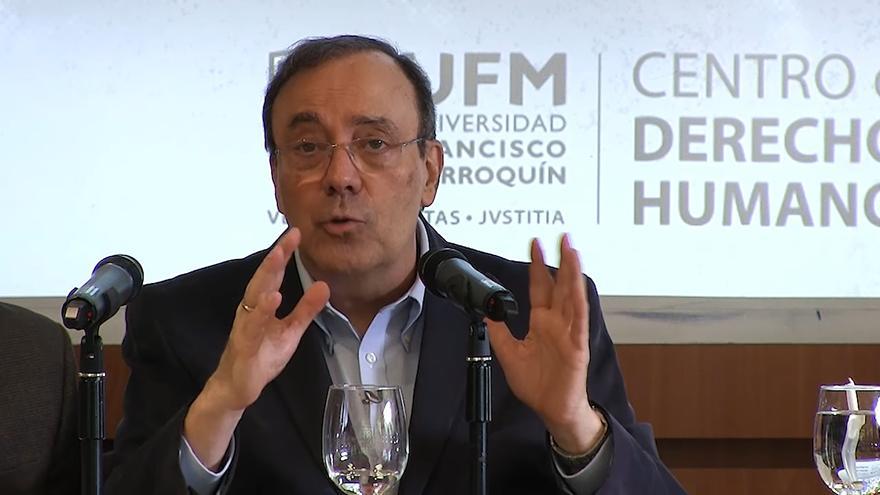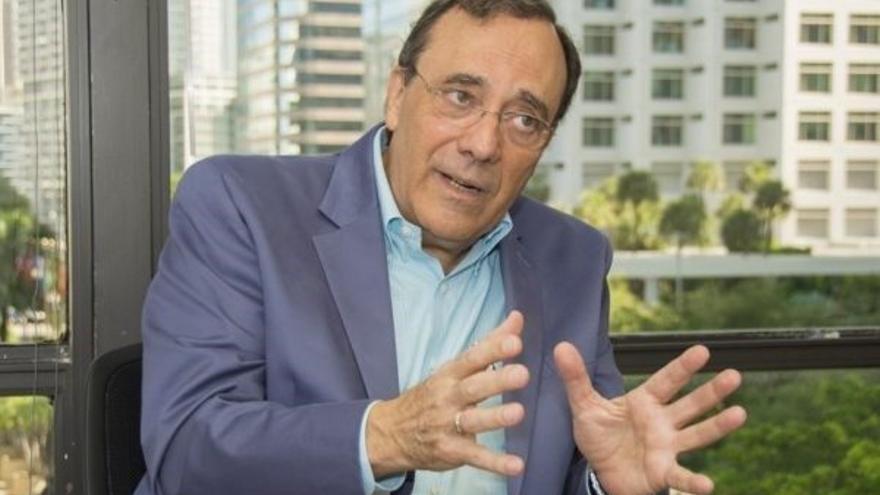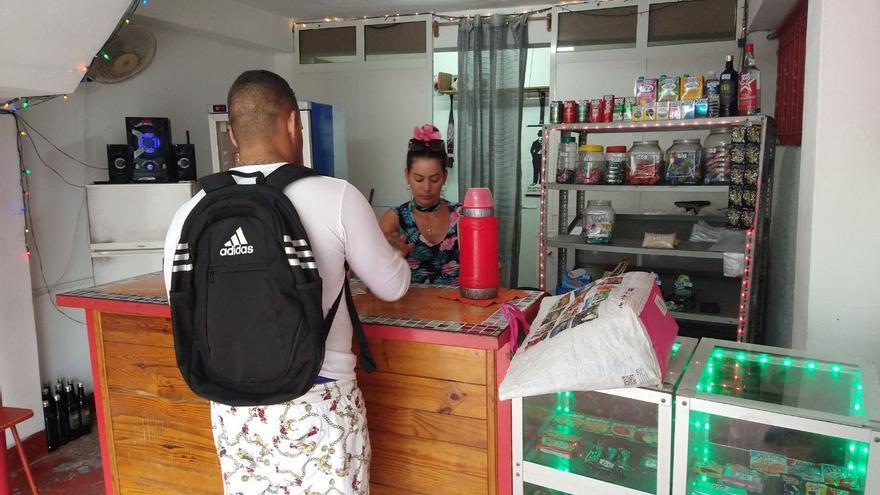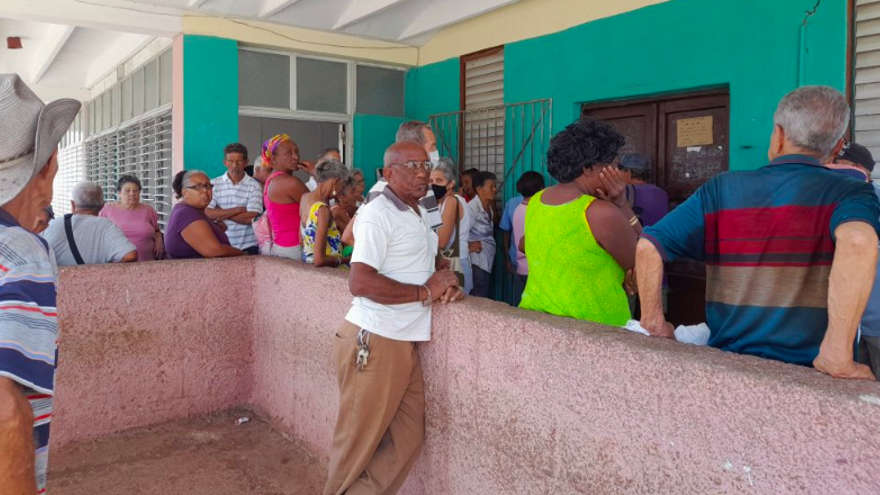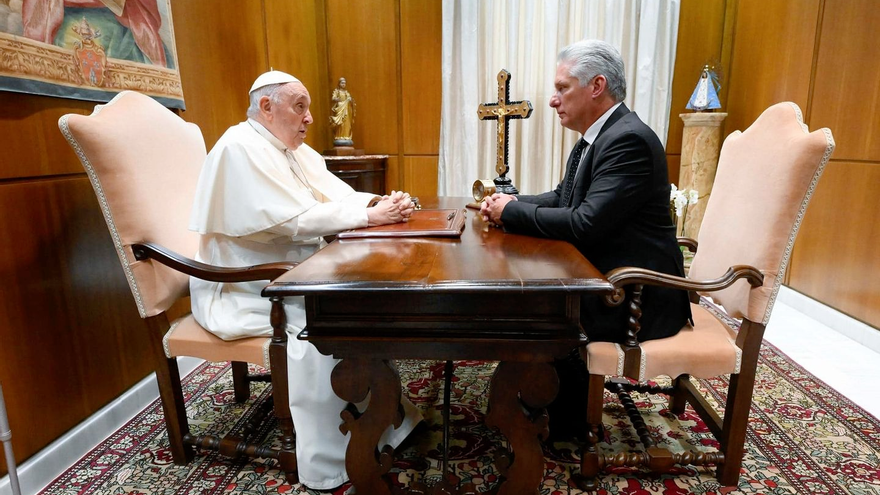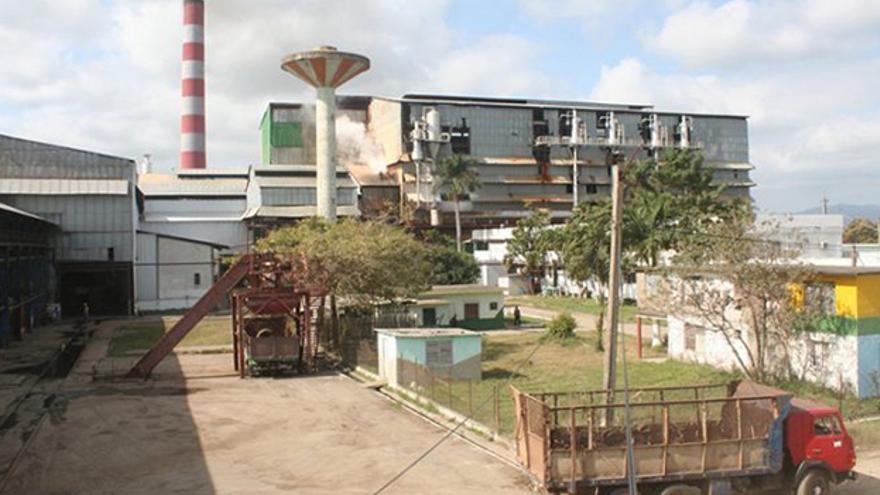
![]() 14ymedio, Havana, 28 June 2023 — The sugar cane planting campaign in Cuba makes us fear the worst, again, for the next harvest. In Sancti Spíritus, only 30% of the harvest plan for the spring campaign – which runs from January to June – was fulfilled, said Aselio Sánchez Cadalso, director of Coordination and Supervision of Azcuba, the state sugar company.
14ymedio, Havana, 28 June 2023 — The sugar cane planting campaign in Cuba makes us fear the worst, again, for the next harvest. In Sancti Spíritus, only 30% of the harvest plan for the spring campaign – which runs from January to June – was fulfilled, said Aselio Sánchez Cadalso, director of Coordination and Supervision of Azcuba, the state sugar company.
In statements to the official press, the official said that work in the field was difficult due to the intense rains of recent months, mainly in March, when it is “decisive” to start planting.
Sánchez Cadalso recognizes that they can take advantage of soil moisture for seed germination, especially since 95% of the sugarcane areas of Sancti Spíritus depend on rain, not having irrigation systems. However, he insisted that due to the rainfall in June, it was impossible to make progress in the work.
He acknowledged that there are delays in “almost all areas of attention to the cane,” which is also obstructed by the lack of agricultural inputs due to the “difficult economic situation that Cuba faces,” which has hindered the import of fertilizers and herbicides. This has forced producers to look for alternatives in agro-ecological techniques, the official said.
The Sancti Spíritus sugarcane fields exceed 123,553 acres, including recovered areas that were previously covered by marabou weed. The director of Azcuba explained that in these areas today, varieties of Cuba 86/12, CP 52/43 and Barbado 80/250 seed are sown, genetically improved to have high sugar yield, adaptation to the climate and early maturity. continue reading
On the other hand, the production process has been disastrous in every way. In March it was reported that the Majibacoa mill, the main one in Cuba located in Las Tunas, had ground 56% of the cane planned for the harvest, and now the results from Artemisa have come to light. Pablo Valdés Amador, director of Informatics, Communications and Analysis of the November 30 Agroindustrial Sugar Company, detailed the poor results of the 121 days of the struggle: 58.4% of the planned raw material was ground, and only 44.9% of the planned sugar was produced, equivalent to 8,306 tons.
According to an article in the provincial newspaper El Artemiseño, the sugar mill started the grinding after 30 days of delay, which results in a lower yield and low use of the factories. Valdés Amador listed the string of problems they faced this year, including difficulties in harvesting and delays in the transportation of raw material to the plant due to the lack of fuel.
Wilfredo Moreno, the Azucuba director of harvest, said that the company must find a way to capture income to meet the payment obligations with the producers, since this also delays the harvests. For him, between July and August “we can’t waste time on equipment maintenance and repair,” prior to the start of the 2023-2024 season.
Although Azcuba has not yet given the final data of production for the 2022-2023 harvest, last May the Government warned that production had barely reached 350,000 tons, well below the 400,000 required for domestic consumption.
Two months earlier, Ángel Luis Ríos Riquenes, an engineer from the state sugar company, said that some sugar mills would finish the harvest in April and others in May, but warned that there was a risk that climatic conditions will affect the schedule again.
The 2022-2023 harvest started at the end of last November with a target of 455,198 tons after the meager results of the previous agricultural year, when production closed at its lowest level of the last century, and only 68% of the planned 1.2 million tons was met.
Translated by Regina Anavy
____________
COLLABORATE WITH OUR WORK: The 14ymedio team is committed to practicing serious journalism that reflects Cuba’s reality in all its depth. Thank you for joining us on this long journey. We invite you to continue supporting us by becoming a member of 14ymedio now. Together we can continue transforming journalism in Cuba.

